

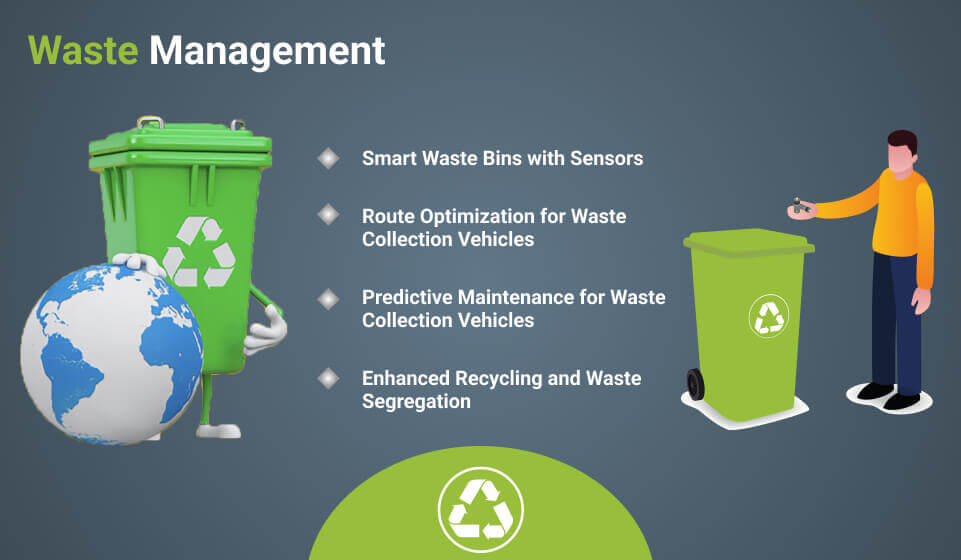
Faster, more accurate waste collection
Reduced operational and fuel costs
Lower carbon footprint
Intelligent reporting and forecasting
Support for smart city initiatives
Efficient waste management is essential for the health of our cities, the preservation of our environment, and the sustainability of future growth. As urbanization accelerates and consumption patterns increase, managing the massive volumes of solid waste generated daily has become one of the most pressing challenges faced by municipalities and private waste service providers.
Overflowing landfills, rising operational costs, missed collections, and inefficient routing plague traditional waste management systems, ultimately affecting public hygiene, safety, and the overall quality of life.
IoT-powered waste solutions don't just help keep streets clean—they also reduce fuel usage, lower emissions, increase recycling rates, and provide actionable insights that enable smarter policy-making and operational decisions.
This page explores the transformational impact of IoT on the waste management industry, revealing how it turns reactive, resource-heavy operations into proactive, data-driven systems that are leaner, greener, and more resilient.
Before the implementation of IoT technology, waste management faced several challenges that hindered its effectiveness:
IoT technology addresses these challenges by providing real-time data and smart automation tools to streamline the waste collection process and optimize resource management.
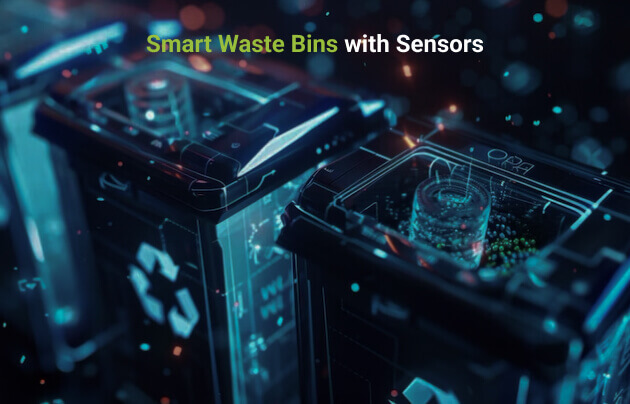
Smart Waste Bins with Sensors
IoT technology allows for the installation of smart sensors in waste bins that monitor waste levels in real time. These sensors detect when a bin is full and send alerts to waste collection operators, ensuring that bins are emptied before they overflow.
Key Benefits:
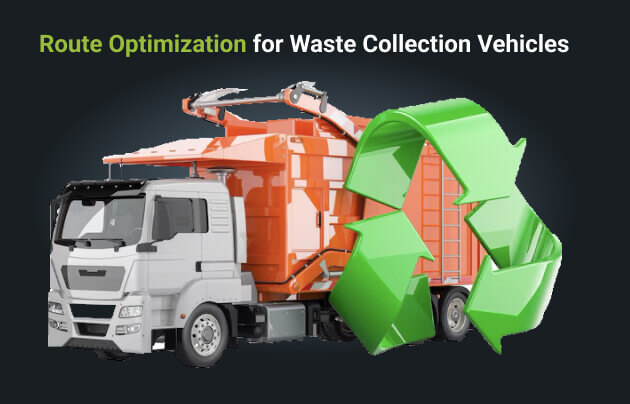
Route Optimization for Waste Collection Vehicles
IoT-enabled route optimization systems help waste collection vehicles navigate more efficiently. By integrating real-time data from smart bins, GPS systems, and traffic information, IoT platforms can automatically generate the most efficient routes for waste collection.
Key Benefits:
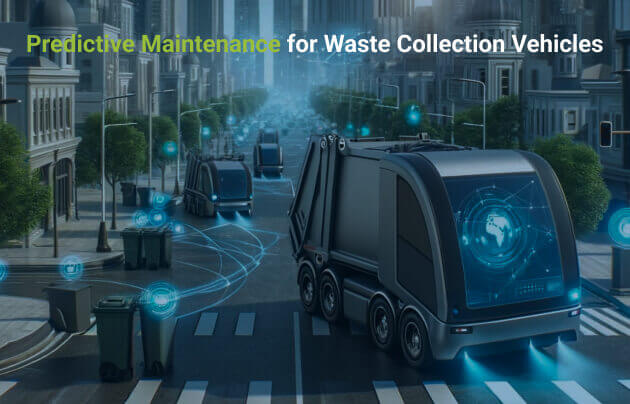
Predictive Maintenance for Waste Collection Vehicles
Waste collection vehicles are critical assets in the waste management process. IoT technology can be used to monitor vehicle performance and predict when maintenance is needed. Sensors installed in vehicles track important metrics such as engine health, tire pressure, and fuel efficiency.
Key Benefits:
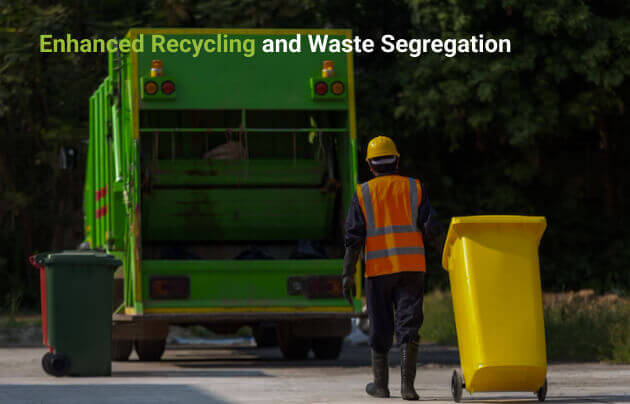
Enhanced Recycling and Waste Segregation
IoT technology also plays a significant role in improving recycling efforts by tracking and monitoring waste streams in real time. Smart recycling bins can automatically segregate recyclable materials, and IoT sensors can track the volume of recyclables collected.
Key Benefits:
Want To Talk To An Expert Before Getting Started?